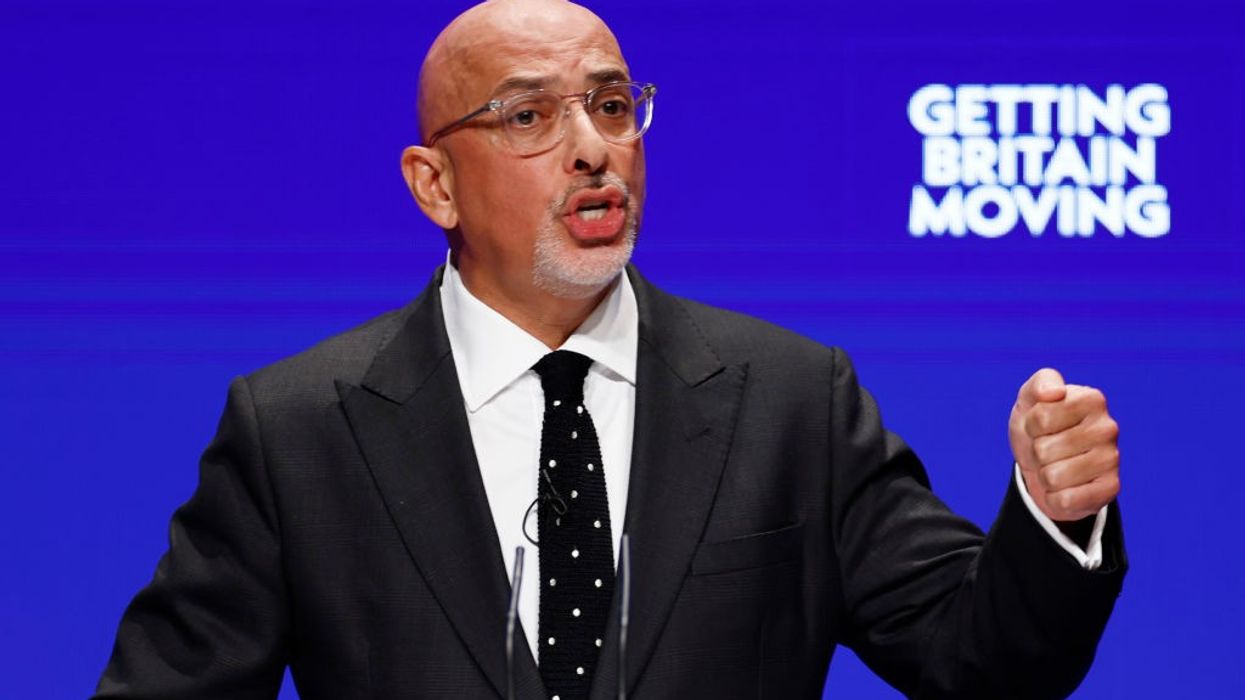As part of its plans to tackle 'bad migration', the UK is reportedly planning to restrict the number of children foreign students can bring to the country.
Ministers alleged that some international students bring as many as six dependents and use the route as a 'back door' to settle in the UK.
Reports said that home secretary Suella Braverman and cabinet Office minister Nadhim Zahawi are framing plans to cut the inflow of dependents to the country.
According to official data, most number of foreign students in Britain are from China, India and Nigeria. The African nation brings the most number of dependents. There has been a five fold increase in number of dependent visas granted by the UK, 13,664 in 2019 to 81,089 in the year ending June 2022.
Zahawi said that even though international students are good for universities and communities, they should not be allowed to abuse the system.
"If you look at the number of dependents that come with international students, you’d expect most international students may bring one dependent, or if they are doing a PhD they might bring their wife and maybe a child. There are some people who are coming to study in the UK who are bringing five, six more people with them. Is that right? No," he was quoted as saying by Sky News.
"We have to make sure that they’re coming to legitimately study here”, arguing it was “the right thing to do, to look at bearing down on abuse of a system”.
Zahawi says rules should only be relaxed to attract skilled workers to the country. He pointed out that one area which needed skilled migrant workers is the gigabit broadband rollout in the telecom sector.
Zahawi, who was born in Iraq to Kurdish parents and arrived in Britain as a young boy, also revealed that he frequently discusses legal and illegal migration issues with the home secretary.
Braverman recently said that Britain has too many low-skilled migrant workers and very high numbers of international students, who also bring dependents.
"What we've got is too many low skilled workers coming into this country. We've also got a very high number of students coming into this country and we've got a really high number of dependents," she said.
According to her, the dependents are not necessarily working or working in low-skilled jobs and are not 'contributing to growing the economy'.
Prime minister Liz Truss also wants to reduce net migration to half the present level to below 100,000. Currently, net migration stands at 239,000 a year.
The Home Office data showed that as many as 34,000 Nigerians were given study visas in the 12 months to June, they brought a total of 31,898 dependants with them. A similar ratio was recorded for work visas — 8,576 dependents arrived against 8,972 work visas.
In contrast, 114,837 Chinese students who came to the UK brought 401 dependents, while 93,049 Indian students brought 24,916 dependents.





